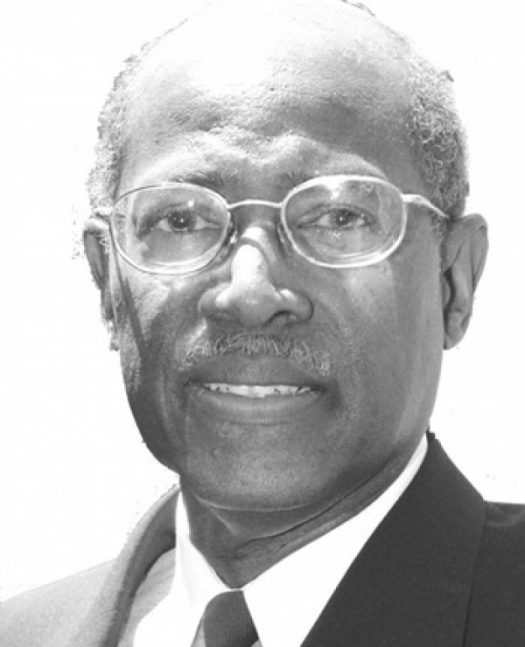
I noticed a picture of some Black mayors smiling as Sen. Barack Obama spoke at the annual meeting of the Conference of Mayors in Miami that took place on June 21.
I noticed a picture of some Black mayors smiling as Sen. Barack Obama spoke at the annual meeting of the Conference of Mayors in Miami that took place on June 21. He was offering a vision of his urban policy that apparently was pleasing, as he lifted it from the floor of American social policy where the Republicans had placed it for nearly 30 years by proposing to create a new “White House Office of Urban Policy.”
This was also good news for Black Americans who are concentrated in cities and others who live there because for so long cities had been equated with poverty, crime, violence and, therefore, negative images of Blacks. The policies of Ronald Reagan turned America away from cities, and few of the candidates in this year’s primary elections talked about getting down to the sources of the problems of poverty, crime and violence. But if Obama becomes president, there looks like there is hope that these problems will be addressed, as he pointed out that too often cities have been viewed as America’s problem when they are actually the solution to many of the issues of the future.
As a former community organizer, he opened his speech with the thought that he felt at home and that Republicans had been too concerned with Wall Street and not Main Street–and the proof of it is that John McCain doesn’t even have an urban policy to present to America. Then, he went on to propose a “partnership” with cities that would tackle the problem of concentrated poverty, fund the COPS program, fully fund the Community Development Block Grant (that Republicans cut at every opportunity), fund more teachers for public schools, set up a trust fund to provide affordable housing and help move the housing bill through congress that addresses the home foreclosure crisis.
One of the keys to his proposal that emphasized job creation in these areas is to concentrate on metropolitan government–putting urban growth within the context of a wider regional growth strategy. The issue of place in the political economy of many areas is that while some populations are virtually locked up in cities, they are also locked out of suburban growth that is taking place on the outer highway rings and beyond. So, it makes sense to build pathways through the blockage by linking cities to that suburban and exurban growth. An Obama government would set up a pool of $200 million for matching grants to states and localities to stimulate the development of metropolitan economies.
Much of Obama’s focus is on rebuilding infrastructure as a job-creating force. Linking cities to suburban areas will require infrastructure development, such as roads, bridges and buildings that feeds into a national problem of the crumbling infrastructure that is causing such calamities as the floods that are ravaging many midwestern states at this moment. Pointing out that the American Society of Civil Engineers gave our infrastructure a “D” grade, he noted that while we are spending $10 billion per month on Iraq, much of that could be spent to propel America into the 21st century and stimulate its economy from the bottom up.
Another great idea for investment in America is the building and enhancement of local and regional transit systems, a project made even more urgent now by the high gas prices for automobile transportation and the cancellation of many airline flights to regional airports.
I agree with Obama that while he offers change, the change that most effects people begins in the neighborhoods. Too often, cities have had to sacrifice neighborhood development and concentrate on downtown projects that would theoretically bring in revenue because the state and federal government funds had been reduced. Building football and baseball stadiums, proposing gambling, in other words, are relying on projects that have a questionable to little impact on real growth and development of cities. The back bone of government urban policy proposals have relied on tax abatement schemes like Urban Enterprise Zones, the record of which is also dismal in most cases.
Obama’s plan is a great start, but because we have ignored cities so long, it will take even more effort if his administration is to truly make change.
Dr. Ron Walters is the Distinguished Leadership Scholar, director of the African American Leadership Center and professor of Government and Politics at the University of Maryland College Park.
á
______
Copyright 2008 Chicago Defender. All rights reserved. This material may not be published, broadcast, rewritten, or redistributed.